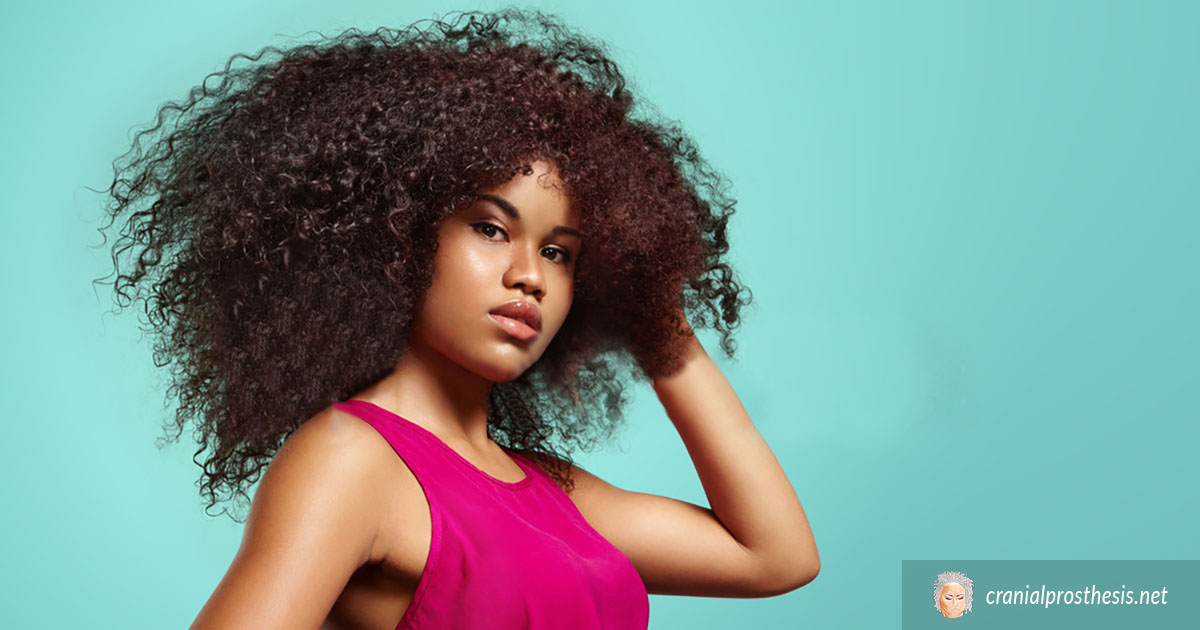
Ginger is a familiar food spice that has been used for medicinal purposes for centuries. The roots of ginger have been used for gastrointestinal and inflammation ailments in conventional and traditional practices.
You may have also read informal information about this herb’s ability to heal scalp and hair health. There are studies that show it’s beneficial as an anti-inflammatory for scalp conditions. However, these same studies indicate that certain compounds of this spice may actually decrease hair growth.
Also, it’s important to learn more about ginger and its proper uses before self-treating any conditions.
Potential Benefits of Ginger for Hair
In Eastern Asian medicine, ginger is often used to promote hair growth. But, researchers have no scientific evidence proving that it helps treat baldness.
Instead, researchers focus on the potential benefits of of this herb for scalp inflammation. The ideal is that when scalp conditions clear up, hair growth may improve. However, such benefits are only speculative.
Even for hair loss, there’s no evidence that this herb will slow down the thinning process. Taking ginger for your hair and scalp health may lead to improvements in appearance, but there’s little that can be done to slow down hair loss once it’s started.
As a spice, not everyone enjoys the flavor. But, as a cooking ingredient, it is safe for most people. Although, if you have any known ginger allergies, then you should avoid applying extracts, essential oils, and any other form of ginger to your hair.
You can do a skin test before putting it on your scalp.
Rub some ginger on the inside of your elbow 24 hours before using it on your hair or scalp. If you have an adverse reaction like a red rash, itchiness, etc., don’t use it.
Since few over-the-counter hair growth options exist, people are increasingly turning to traditional methods to try their luck.
Ginger isn’t scientifically proven to promote hair growth or prevent hair loss. Still, you may benefit from its anti-inflammatory effects if you have certain scalp conditions.
You may also enjoy reading: What You Should Know About Alopecia









